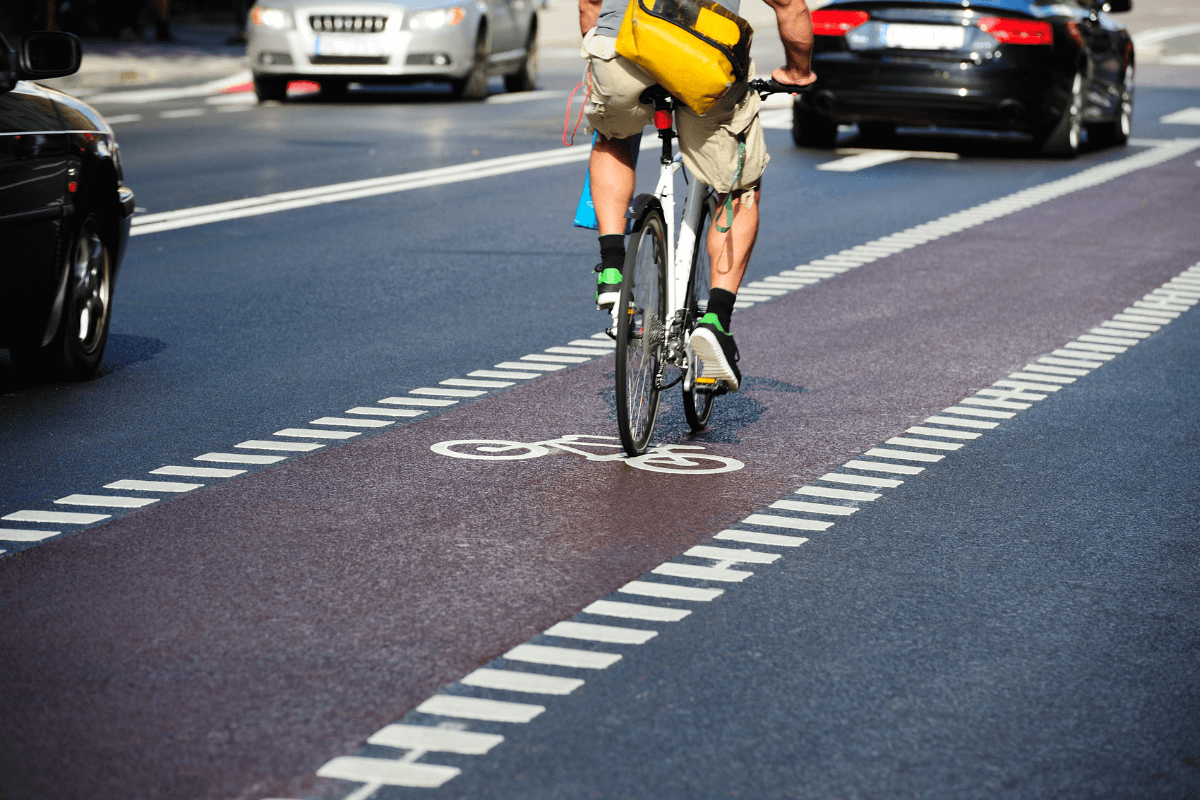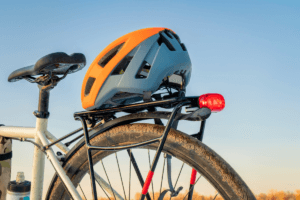
Whether for commuting to work, exploring scenic trails, or simply enjoying the outdoors, riding a bicycle offers a sense of freedom and mobility. Just like driving a car, cycling comes with the responsibility of following the law. In this post, we will explore the basics of bicycle laws in Pennsylvania that all cyclists need to know.
Bicycles Are Considered Vehicles
Bicyclists have the right to share the roads with motor vehicles. They are entitled to the same rights and protections as other drivers. However, with these rights come the responsibility to ride in a safe, predictable manner, obey traffic laws, and communicate intentions effectively to ensure the safety of all.
Under Pennsylvania law, pedal cycles, typically referred to as bicycles, are considered vehicles. This means bicycles are governed by general rules common to all vehicles and by specific rules designed for bicycles. Pennsylvania cyclists are required to obey traffic signals, signs, and road markings just like other drivers. This includes stopping at red lights and stop signs and using hand and arm signals when turning or changing lanes.
Riding With Traffic
Biking against traffic is illegal in Pennsylvania. Bicyclists must ride in the same direction as the flow of traffic except on streets with specific contraflow or two-way bike lanes. Cyclists should keep to the right side of the road and use designated bike lanes when available.
Biking against traffic is illegal in Pennsylvania.
Sidewalk Riding
While bicycling on sidewalks is permitted in most areas of Pennsylvania, except for business districts, it can be dangerous. Bicyclists are encouraged to ride on the street when possible. When riding on sidewalks, cyclists must yield the right-of-way to pedestrians. They must also give pedestrian audible signals before passing them. Some municipalities have specific regulations regarding riding on sidewalks. Bikers should be aware of local ordinances prior to doing so.
Bike Lanes and Shared Roadways
When riding on roads with bike lanes, cyclists should use those designated areas. If there are no available bike lanes, they may ride in the right lane on two-lane roadways. Cyclists should ride in the right-most travel lane when on multilane roadways and always maintain a safe distance from parked cars.
Multiple Cyclists
When riding with additional bicyclists, riders may not ride with more than two individuals side-by-side. There is an exception to this rule if the cyclists are on paths or parts of a roadway that are set aside for the exclusive use of bicycles. Riding with more than two abreast is dangerous and can cause accidents.
Bike Safety Equipment Requirements in Pennsylvania
Pennsylvania also has specific safety equipment requirements meant to keep cyclists and drivers safe. Before riding on the state’s roadways, all bicyclists should be aware of what safety gear they must have. The state’s requirements for bicycle safety equipment are as follows:
Helmets

Lights and Reflectors
When riding between sunset and sunrise, Pennsylvania cyclists must equip their bicycles with a front white light that is visible from at least 500 feet away. They must also have a red rear reflector or light that is visible from at least 500 feet away. All bicycles should have amber reflectors on each side, as well.
Audible Devices
Bikes ridden between sunrise and sunset must be equipped with a bell or other audible device. The device must be capable of giving a signal audible for a distance of at least 100 feet. This allows other cyclists, pedestrians, and motorists to be aware of cyclists’ presence, especially when approaching from behind or in crowded areas.
Braking Systems
All bicycles must be equipped with a braking system that will stop the bike within 15 feet from an initial speed of 15 miles per hour on dry, level, and clean pavement. Ensuring a bike has proper braking equipment that can stop the vehicle in enough time is essential for keeping riders, pedestrians, and other motorists safe. Cyclists should practice braking with both brakes to make sure their rear tires take effect first.
Passing Parked Cars
When passing parked cars, cyclists should maintain a safe distance to avoid collisions with opening doors or unexpected movements. Motorists must not open any door on their vehicle unless and until it is reasonably safe to do so and can be done without interfering with the flow of traffic.
Yielding to Pedestrians
Cyclists must yield the right-of-way to pedestrians in crosswalks and on sidewalks, just as other motorists must. When approaching pedestrians from behind, bicyclists should use caution, reduce speed, and provide an audible signal to indicate their presence.
SMT Legal Can Help After a Bicycle Accident

If you have been injured in a bike accident, you need help from an experienced bicycle accident attorney in Pittsburgh to help with a pedestrian accident claim. Our personal injury team at SMT Legal can help you understand your rights and responsibilities as a cyclist and fight for compensation for your injuries, even if you may have been partly responsible for your collision. Contact us today for a free case consultation to review your recovery options after your bicycle accident.
